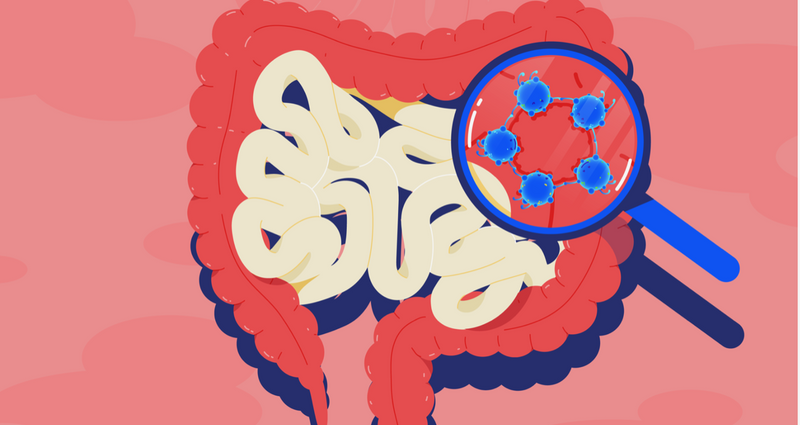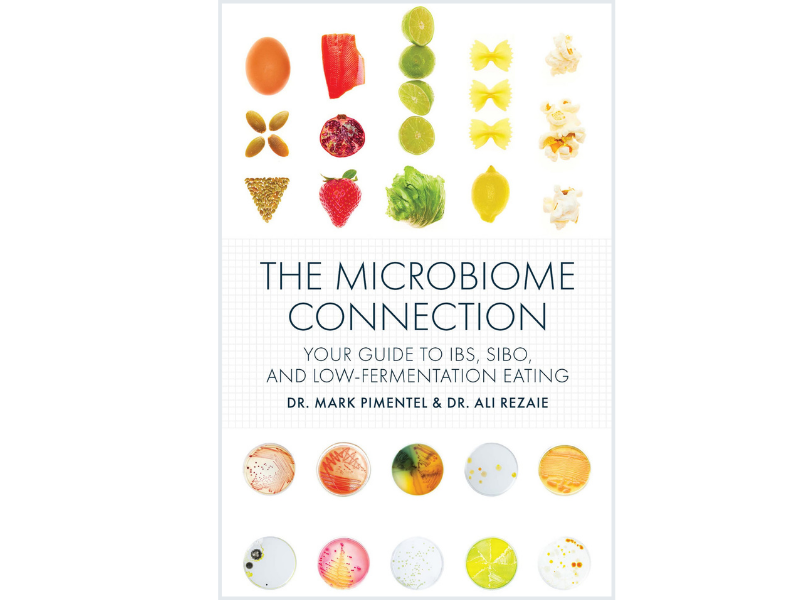
Many patients with irritable bowel syndrome (IBS) suffer through long periods of pain and abdominal bloating or distension, as well as the frustration of not getting the right treatment. The cause of IBS can be small intestinal bowel overgrowth (SIBO) in up to 70% of the time. The name of your symptoms is IBS, but SIBO is often the cause.
Food poisoning is the most common path to SIBO, but if you have a blockage in the bowel or anything that slows the gut down, this can also cause SIBO. In IBS, it’s more than likely that food poisoning causes the slowing of the small intestine.
The story of SIBO can be put into the same context as that of peptic ulcer disease. Peptic ulcers are open sores that develop on the inside lining of your stomach and the upper portion of your small intestine. The most common symptom of a peptic ulcer is stomach pain.
It took years of investigations for researchers to realize that an infection with a bacterium, Helicobacter pylori, was the main cause of stomach ulcers, not stress and spicy foods. Even after the discovery, many doctors did not believe the H. pylori connection to stomach ulcers proposed by Australian physician Dr. Barry Marshall, who eventually won the Nobel Prize in medicine in 2005 for discovering the association of peptic ulcer and H. pylori.
If you took 100 patients with stomach ulcers and tested them for H. pylori, in 70% of them their ulcers would be due to H. pylori. Even though we know H. pylori infection is the cause of stomach ulcers 70% of the time, doctors did not change the name to H. pylori disease. It’s still called peptic ulcer disease.
That’s similar to what has happened with IBS and SIBO. It took many years of experiments to show that 70% of IBS is due to SIBO. Doctors have not changed the name of IBS, but SIBO is really the cause of IBS in 70% of cases.
You can’t discuss IBS without discussing SIBO. SIBO is not a primary disease in itself, but often the consequence of something else. In the case of IBS, it is food poisoning, which causes antibodies that lead to neuropathy (damage to peripheral nerves) that then leads to the symptoms we call IBS. IBS is the disease; SIBO is the cluster of organisms elevated in the gut leading to symptoms that are defined as IBS.
Definition of SIBO
The definition of SIBO is when there are greater than 1,000 bacteria per milliliter (mL) in the small intestine, which is an excessive amount of bacteria. In SIBO, these bacteria are not an infection, but an overabundance of bacteria in an area where this should not be. The bacteria are not invading or attacking you; they are your own resident bacteria. SIBO is, in effect, a disease of dislocated bacteria from your large bowel into your small intestine.

The Microbiome Connection: Your Guide to IBS, SIBO and Low Fermentation Eating
A must-have resource for anyone who suffers from IBS or SIBO, or who wants to better understand their microbiome, this book will help you live a gut-happy and gut-healthy life.
